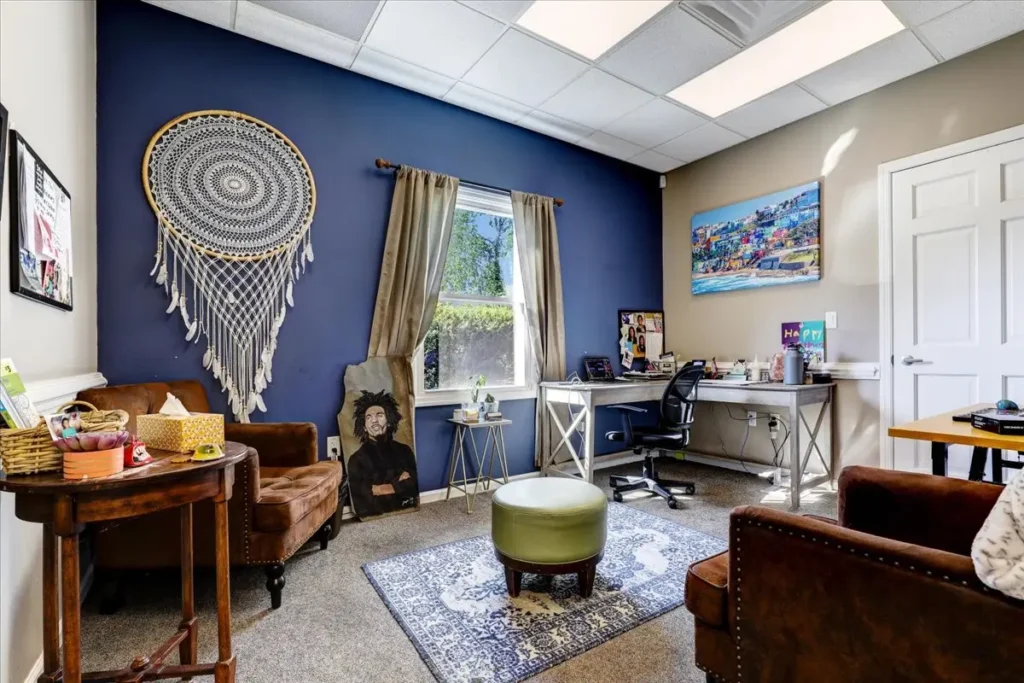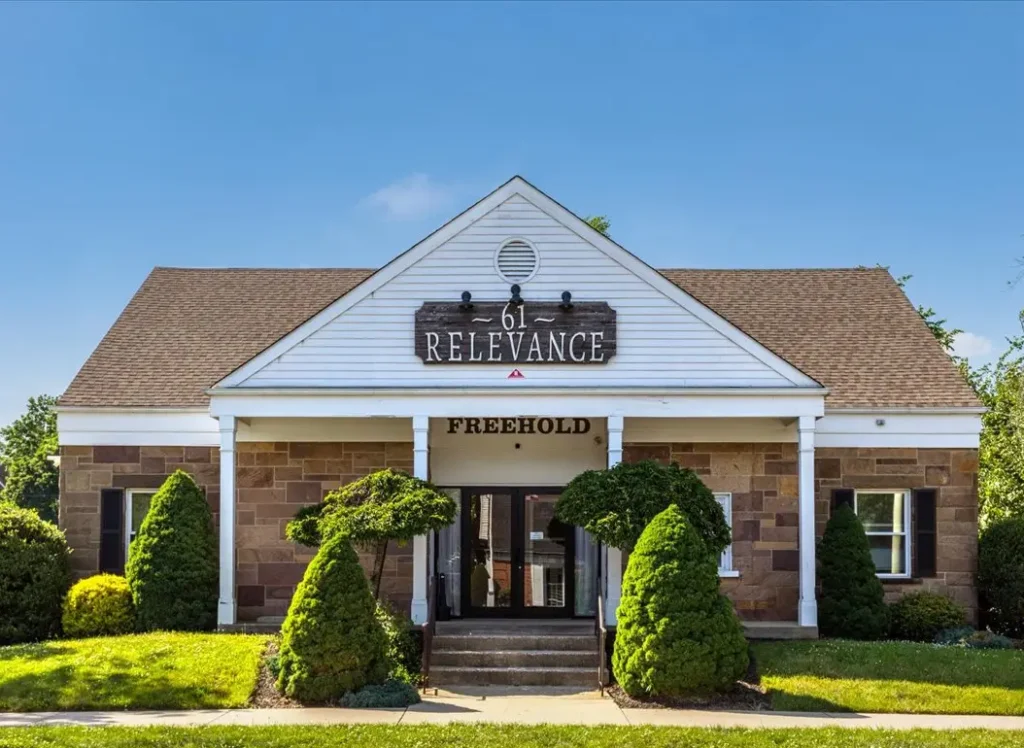Explore our multiple pathways to lasting recovery at our mental health & addiction treatment center in New Jersey at Relevance Recovery.
In a world where stress and anxiety are on the rise, recreational therapy offers a unique and effective solution. It provides individuals with an opportunity to engage in enjoyable and purposeful activities, allowing them to find balance, improve self-esteem, and develop vital coping skills.
Studies have shown the profound benefits of recreational therapy in treating mental health disorders such as depression, anxiety, and PTSD. It not only helps individuals manage their symptoms but also enhances their social skills, communication, and problem-solving abilities. Moreover, recreational therapy plays a crucial role in substance abuse treatment by reducing cravings, promoting recovery, and cultivating a positive mindset.


At Relevance Behavioral Health, we focus on treating a wide range of mental health and substance use issues.
Our approach emphasizes tailored treatment plans that use effective and holistic strategies, promoting lasting recovery for our clients.
We work with most major insurance carriers to help provide affordable, accessible treatment options to those who need it most. Our admissions coordinators can answer all of your questions. Call for a confidential assessment and insurance verification.





















Recreational therapy, also known as therapeutic recreation, is a specialized form of therapy that uses recreational activities to address physical, emotional, and cognitive needs. It is based on the belief that participating in enjoyable activities can have a positive impact on an individual’s well-being. Recreational therapists are trained professionals who work with individuals of all ages and abilities to design and implement personalized treatment plans.
Recreational therapy is a holistic approach that focuses on the integration of the mind, body, and spirit. By engaging in purposeful activities, individuals can experience a sense of fulfillment and improve their quality of life.
Recreational therapy plays a vital role in the treatment of mental health disorders and substance abuse.
It offers a safe and supportive environment where individuals can explore their interests, build relationships, and develop essential life skills. Through a variety of recreational activities, individuals can improve their self-esteem, reduce stress, and enhance their overall well-being.
One of the significance of recreational therapy is its ability to address the root causes of mental health disorders and substance abuse. By engaging in meaningful activities, individuals can gain insight into their emotions and develop healthy coping mechanisms. This therapy provides a platform for individuals to express themselves creatively, explore their passions, and find purpose in their lives.


Recreational therapy has been proven to have numerous benefits in improving mental health and supporting individuals in their recovery from addiction.
Recreational therapy offers a wide range of techniques and activities to cater to individuals’ unique needs and interests. Some common techniques include:
Our expert admissions coordinators will create a custom plan for you.
Recreational therapy is often used in conjunction with traditional treatment methods to enhance the overall effectiveness of therapy programs. It complements other forms of therapy, such as counseling and medication, by providing individuals with a holistic approach to treatment.
While traditional therapies focus on addressing specific symptoms or underlying issues, recreational therapy takes a broader perspective by promoting overall well-being. It provides individuals with a sense of purpose, allows them to explore their interests, and encourages them to engage in healthy activities. By incorporating recreational therapy into treatment programs, individuals can experience a more comprehensive and well-rounded approach to recovery.
Incorporating recreational therapy into treatment programs requires careful planning and collaboration between therapists, counselors, and other healthcare professionals. It is essential to assess each individual’s needs and interests to create personalized treatment plans.
Recreational therapy can be integrated into various treatment settings, including inpatient facilities, outpatient programs, and community-based organizations. Therapists may work one-on-one with clients or facilitate group activities, depending on the individual’s preferences and treatment goals.
Recreational therapy is a revolutionary approach to mental health and substance abuse treatment. By incorporating various recreational activities, it enables individuals to improve their overall well-being, develop coping skills, and find purpose in their lives.
With its profound benefits, recreational therapy has the potential to transform the way we approach mental health care and support individuals in their journey towards recovery and well-being.
As we continue to recognize the transformative power of recreational therapy, it is essential to embrace its potential and make it an integral part of our mental health and substance abuse treatment programs.